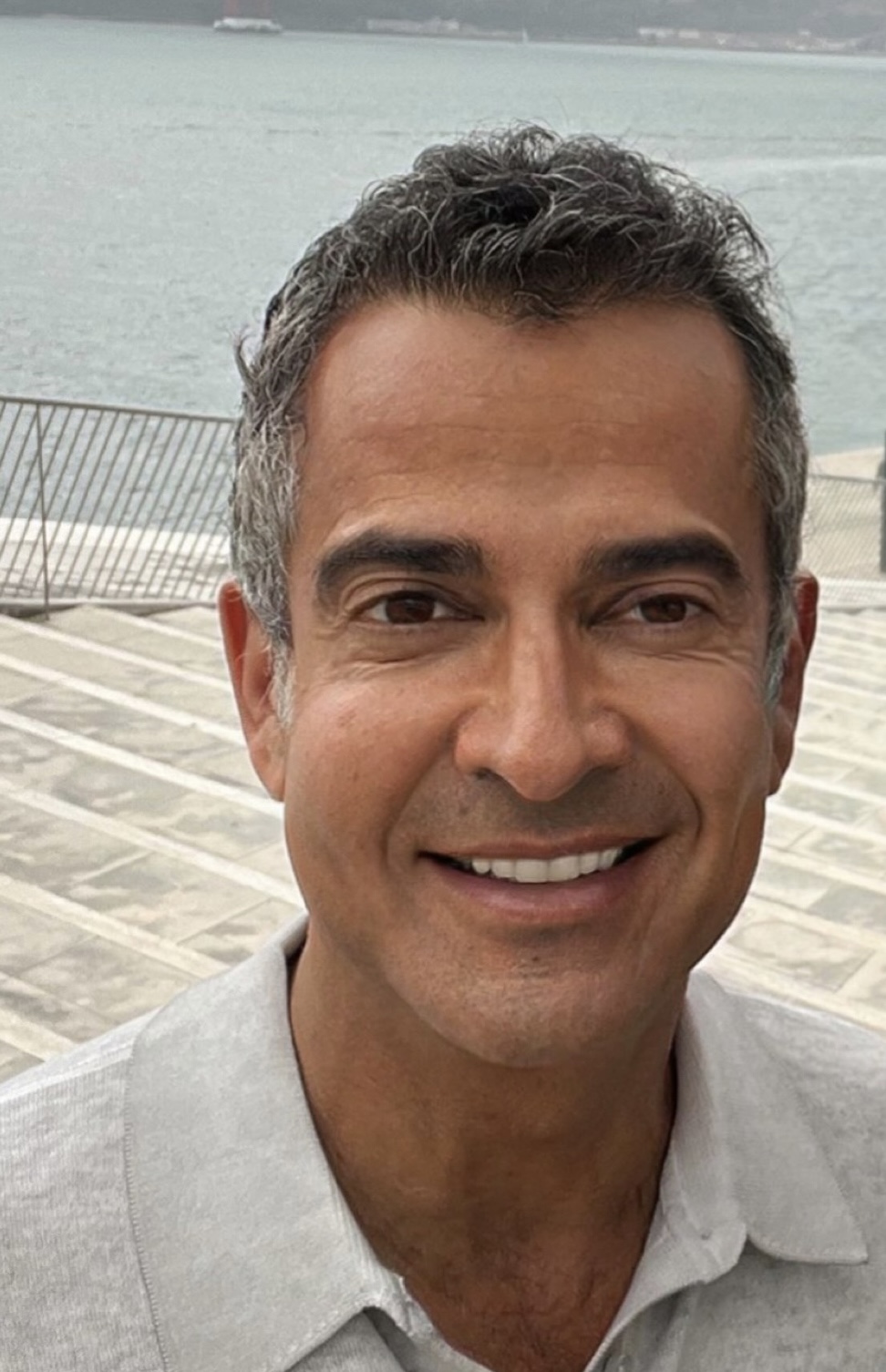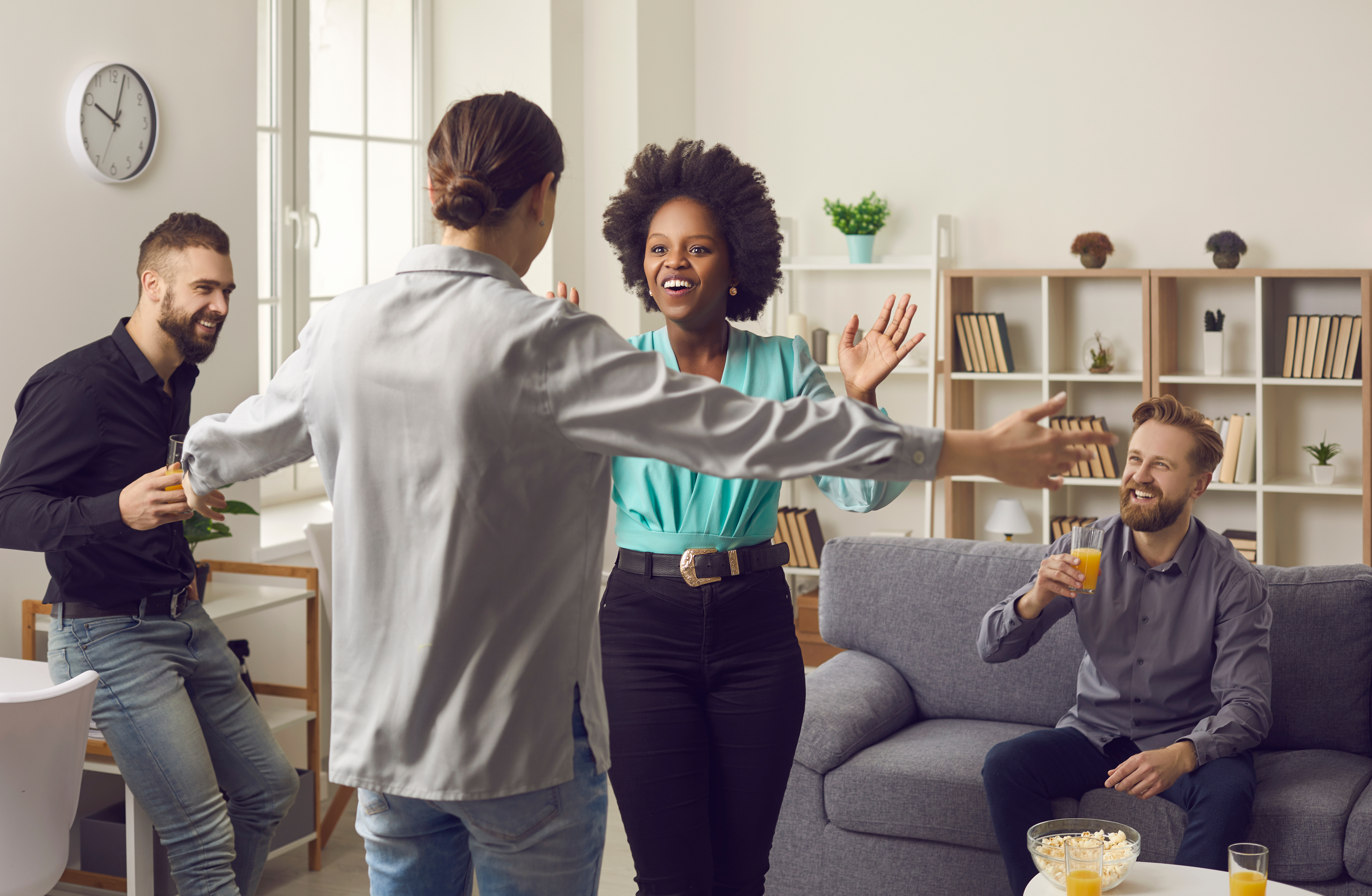When was the last time you hugged a friend or held hands with a relative?
Even before COVID people in the West were becoming decreasingly tactile, with Brits especially touch-deprived. One pre-COVID study showed that friends in the UK did not make physical contact once during conversation, compared with French friends who touched each other 110 times, and Puerto Rican 180 times on average in the same period. However, if you experienced few hugs and caresses before COVID, the pandemic has meant we have all been deprived of touch.
Last week I was admitted to the acute care ward of University College London Hospital. Other patients included a 35-year-old chef who’d been knocked off his bicycle, a social worker in his sixties experiencing panic attacks, and a 90 year old former actor who had collapsed on the street. In case you wondered, I was there with swelling of my optic nerve. My vision is blurry, but my other senses are all working well and so I feel especially deprived of human touch. You see, COVID restrictions are still in place, so this means all the doctors and nurses (and most patients most of the time) are wearing masks, and no visitors are allowed in the wards.
UCLH is a great NHS hospital, and as you’d expect, my fellow patients and I were given expert medical care. However, we could not look into the faces of our carers. We could not be together with our family or friends, and we needed to observe social distancing with one another. So, obviously, there was no physical touch.
When a carer strokes your arm or a friend gives you a hug; when you hold your partner’s hand or they stroke your shoulders and neck, studies have shown it speeds recovery from surgery and illness. Human touch aids digestion and boosts survival rates. Touching and being touched is proven to release oxytocin and lower cortisol levels – both of which are important in reducing anxiety and stress.
Many years ago when a close friend was a patient at St Thomas’s Hospital in London, it was a healing massage from a physical therapist that marked the turning point in her recovery. Massage is not provided by the NHS, so this therapist was breaking the rules. After she left the room, my friend miraculously experienced the strength to leave the bed unaided for the first time in several weeks. Medics may say it was drugs alone that made her better. But she says the hands of a therapist certainly helped her heal.
I am lucky. I spent 18 months of lockdown with my partner and my dogs. When I was released from the hospital, I would return to stress-reducing hugs and oxytocin-releasing cuddles. My ward mates, the actor, the social worker, and the chef are all single and live alone.
Infectious diseases such as Covid aside, I don’t know what it is about sick, frail, elderly, or dying people which means we often withhold our physical affection. Do we worry they’re too fragile and may break? Are we scared their mortality may rub off on us?
Next time you meet up with a vaccinated friend, whether or not they are frail or sick, perhaps ask them if they’d like a hug.
More than anything, touching or being touched by another being creates a comforting connection. It can make us feel less alone.


